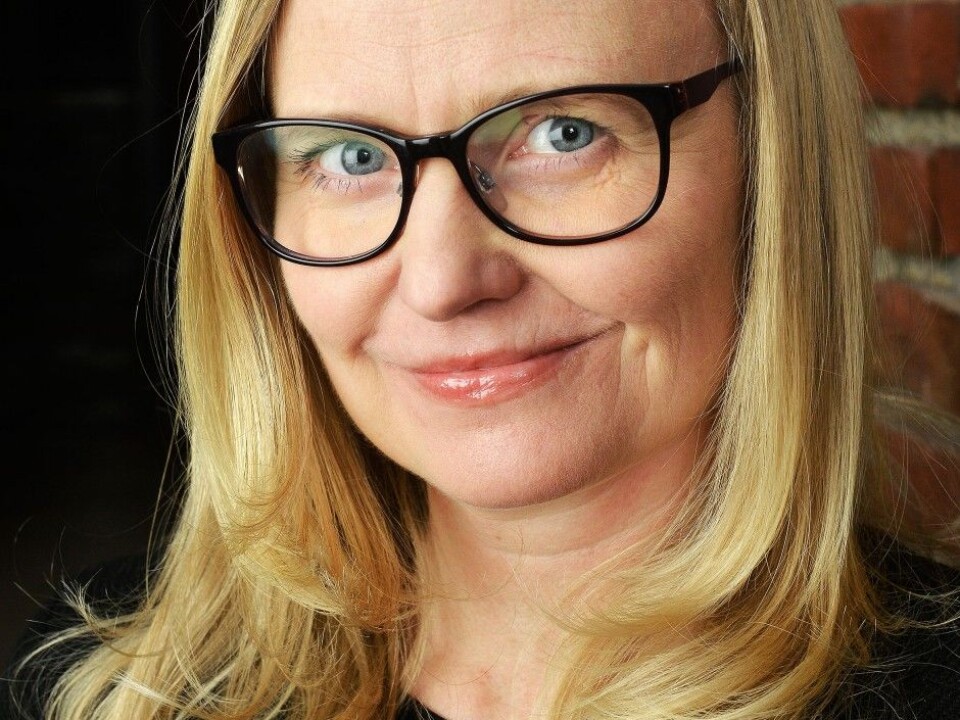
Women choose family-friendly public sector jobs when they have kids
The more children a woman has, the higher the probability is that she will chose a public sector job. But a high percentage of women without children also prefer public sector jobs.
Denne artikkelen er over ti år gammel og kan inneholde utdatert informasjon.
Norway’s public sector workforce is dominated by women, especially women with children.
Pål Schøne, Work and Welfare Research Director at the Institute for Social Research in Oslo, thinks he knows why.
“The public sector is seen as more family friendly than the private sector", Schøne says. He has just published the results of a study that shows that women have a higher probability of switching from the private to the public sector once they have children.
The probability that a woman will work in the public sector increases with the number of children she has, Schøne’s study also shows.

More part-time jobs and traditionally higher job security could be one of the lures, he believes, although his study design does not allow him to say anything about causality.
Lower wages
Even in a country like Norway, where there are strong public policies supporting gender equality, women still do most of the work of caring for children, Schøne says.
He believes this is one reason why mothers choose work that is easier to combine with children, while men remain in the private sector.
The problem with this choice is that wages for public sector jobs are often lower than similar jobs in the private sector.

“Several studies show that wage differences between men and women increase precisely when many women begin to have children,” says Schøne.
More children, higher probability
The study was based on wage statistics from Statistics Norway for the years 2002 to 2012. This database covers all wage earners in the public sector and about a third of those working in the private sector. The workers in the study were between 20 and 40 years old.
When he analysed the numbers, Schøne found that a woman with one child had a 5 percentage points higher probability of working in the public sector compared to women without children.
This probability was 6 percentage points higher for a woman with two children, while a woman with three or more children had a full 10 percentage points higher probability of working in the public sector than women without children.
40 per cent of public sector workers
But these numbers do not show whether the women had worked in public sector before they had children. To address this, Schøne also looked at a subset of mothers and fathers over time, starting one year before they had their youngest child up until to six years after that child was born. He compared these workers to those who did not have children.
In this case, Schøne found that some women did shift from the private to the public sector after they had children. But having children only increased the likelihood of working in the public sector by 3 percentage points. At the same time, as many as 40 per cent of women without children also chose to work in the public sector.
This may indicate that there are reasons that are far more important than having children in determining why women are over-represented in the public sector.
Education doesn’t matter
While some types of education, such as nursing, practically guarantee a job in Norway’s public sector health care system, women who take degrees in law, engineering and other disciplines also have access to better-paid jobs in the private sector.
Schøne’s colleague, sociologist Sigtona Halrynjo at the Institute for Social Research, did a survey of 3,900 lawyers, economists and engineers and found that these career women were also more likely than men to switch to the public sector once they had children.
Women with these degrees are typically as career-oriented as men. They want high salaries and positions, and both sexes believe it is important that parents share responsibility at home.
Babies change things
But when the stork comes, things change. Among women without children in these types of jobs, there are no gender differences in terms of position levels or salary.
But when women have children, many end up taking most of the responsibility for childcare and then take a family-friendly position, typically in the public sector, Halrynjo found.
The big question is whether these women will return to the private sector once their children have grown. Halrynjo is now studying female lawyers who shifted to the public sector after they had children to see if they are coming back into top positions in the private sector once their children are older.
-------------------------------------
Read the Norwegian version of this article at forskning.no
Scientific links
- Pål Schøne: Women, children and choice of sector: Is the public sector still attractive? Søkelys på arbeidslivet, nr. 4 2015.
- Sigtona Halrynjo: Arbeidsliv og familieliv – klassedelt og kjønnsdelt, i boka Kjønnsdeling og etniske skiller på arbeidsmarkedet av Liza Reisel og Mari Teigen. Gyldendal Akademisk 2014.

































